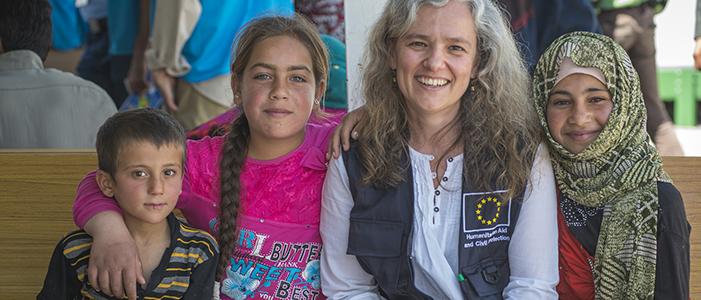To fulfil its accountability towards all stakeholders, the European Commission's department for European Civil Protection and Humanitarian Aid Operations is audited by both an external (the European Court of Auditors) and an internal auditor (the Internal Audit Service of the Commission). The department also contracts with external audit companies for formal audits of all its civil protection and humanitarian aid operations.
EU-funded civil protection and humanitarian actions are audited by the European Court of Auditors, which provides an annual 'Statement of Assurance' on the legality and regularity of EU expenditure. The Court also carries out ad-hoc performance audits which are the subject of their 'Special Reports'. The audits are publicly available on the ECA website.
Internal work processes are audited by the Internal Audit Service of the Commission, following a risk assessment which is translated into an annual audit work programme. The working methodology of the audits includes, among others, the analysis of available documentation, interviews with relevant staff, and sample testing.
All partner organisations that implement humanitarian aid actions are audited primarily via external companies. Based on internationally accepted standards, the audits give the European Commission the level of assurance required by the EU Financial Regulation.
The objective of the audits – done both at partners' headquarters and in the field – is primarily to check whether the criteria set up in the partnership agreement are being followed and spending is properly accounted for. Additionally, the audits verify that the internal systems of the partner organisation are fully in order.
This auditing process also covers the verification of projects implemented by agencies of the UN. In addition, non-profit organisations specialised in the procurement of supplies and services necessary for the implementation of humanitarian actions are subject to regular audits.
The results of these auditing processes feed recommendations for continuous improvement of planning and operations.

